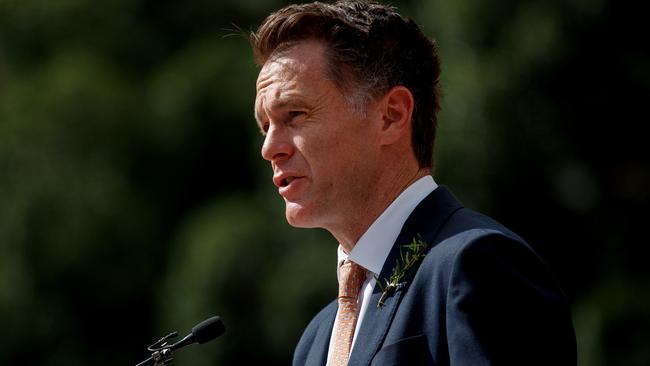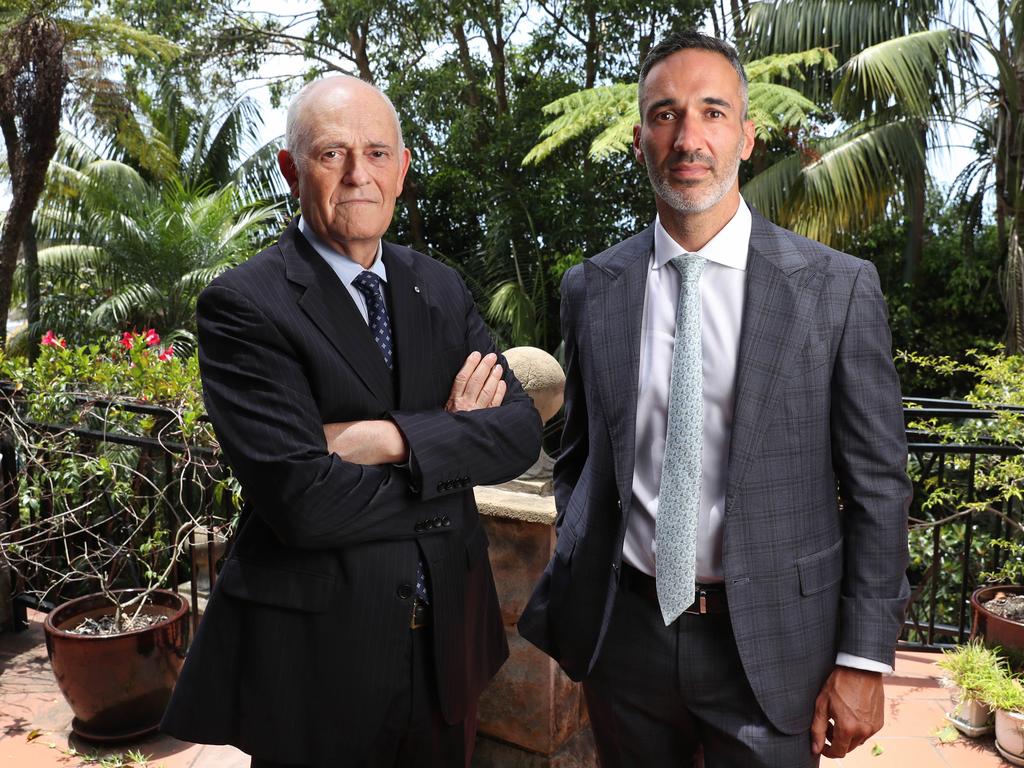NSW’s top prosecutor has ‘no issues’ with ‘inoperable’ hate-speech laws
Political and Jewish leaders are puzzled as NSW’s top prosecutor said her office had ‘no issues’ with hate-speech protections, which are subject to a law-reform review.

Political and Jewish leaders have been left puzzled after NSW’s top prosecutor said her office had “no issues” with state hate speech protections, which are subject to a Law Reform Commission review over operability concerns.
Director of Public Prosecutions Sally Dowling also revealed her office had “advised police on the laying of charges” in 11 related matters, although only two had progressed to prosecution, one of which has since been successfully appealed, while the other awaits an appeal hearing this month.
The provision – 93z, outlawing inciting violence on race and religious grounds – has never resulted in a successful prosecution.
“If section 93z is adequate, then surely we should have seen charges laid by now,” NSW Liberal senator Dave Sharma said.
“If this provision is to act as a deterrent for the sort of hateful speech directed at the Jewish community that we have seen far too much of, then prosecutions must be initiated and people compelled to defend their actions in court.”
“No,” Ms Dowling told Liberal MLC Susan Carter when asked a in recent budget estimates hearing if she had “identified any issues with the operation of the provision that caused concern”.
“Each matter is considered on its own merits and by reference to the terms of the section.

“The broader operation of the provision is a matter that I understand is the current subject of (a) review, but it doesn’t arise in a case-by-case analysis that we undertake.”
Ms Dowling said her office didn’t “see any difficulty (with 93z)”, and police no longer had to seek approval to lay charges.
“But I understand the frustrations of the police,” she said.
A Law Reform Commission review was instigated by the government in January after NSW Police said it was unable to lay charges against multiple clerics who gave hate-fuelled sermons, citing legal advice that none had breached the criminality threshold.
The scope of the provision is narrow and the threshold high, requiring a direct incitement of violence, and for police to be able to prove the incitement and its effect. Unlike other jurisdictions, the legislation does not cover religiously aggravated threats or abuse, or “contempt and hatred”.

The provision has struggled for effect in court: since 2018, two cases were annulled and two led to convictions, although both are in the appeal stage (one has been successfully appealed).
Ms Dowling revealed her office had received a total of 13 briefs from police on possible matters prosecutable under 93z but, excluding the four aforementioned, none had progressed to charges being laid.
Ms Carter told The Australian everyone wanted 93z to “to promote harmony” and be “effective and enforced”, saying the government’s approach had been muddled.
“Labor has never explained why they refused our review in November but rushed their own in January,” she said.


NSW Jewish Board of Deputies president David Ossip said laws should ensure “hate preachers” could not vilify and target “against other Australians”.
“While the DPP does not see any difficulties or challenges with 93z, Australians recognise that the law in its current state is not fit for purpose,” he said.
In a recent sermon, Sydney imam Abdul Salam Zoud called Jews “barbaric” while a man pictured wearing a jersey with the words “October 7” was called “completely reprehensible” by Premier Chris Minns.
The Executive Council of Australian Jewry was preparing its own civil case against some of the clerics and co-chief executive Peter Wertheim said incidents since October 7 showed the provision wasn’t working.








To join the conversation, please log in. Don't have an account? Register
Join the conversation, you are commenting as Logout